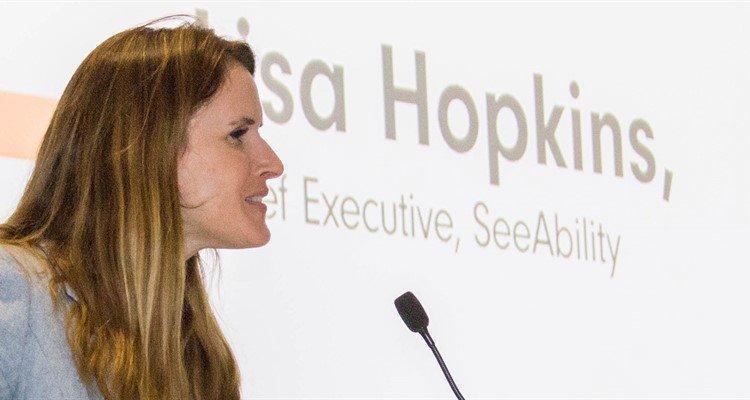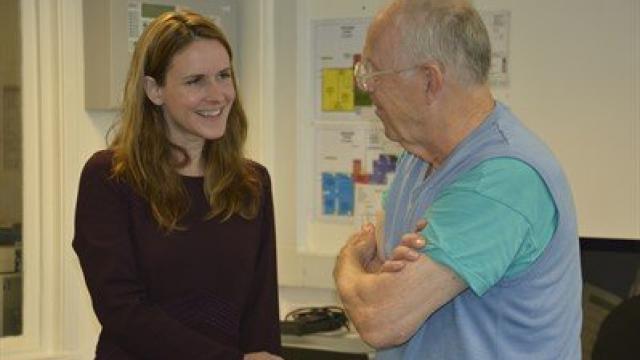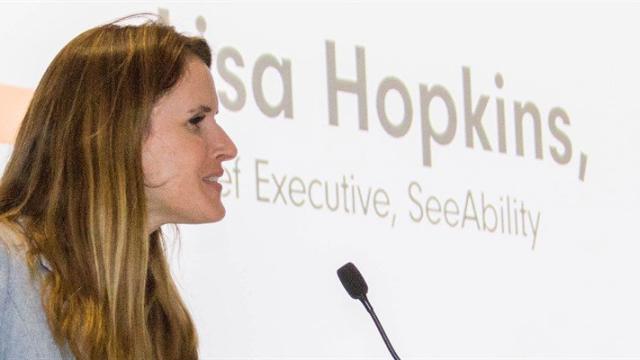
Adult social care white paper – some helpful ingredients but no showstopper
Any fans of the Great British Bake Off will know that at the start of the challenge there is a beautiful illustration of the baker’s vision for their bake. All the ingredients and timings are laid out, and we watch with bated breath to see if this is a recipe for success.
Well last week the government released its white paper on adult social care, a ten year vision for what social care can be and its plans to get there.
I was hoping for a ‘showstopper’, after promises to “fix care once and for all”. Something aspirational, a vision of social care we’d all want for ourselves and our loved ones.
Instead what we got was more of a soggy bottom.
Yes, it does recognise that so many different people use and draw on social care in different ways, not just older people. But reading it again and again, I’m struggling to see how different things will be in the future.
A plan that calls itself ‘People at the Heart of Care’ could have put the power in the hands of older and disabled people not just to shape their own care, but assert their human rights and ability to access that support. There are 400,000 people alone waiting for an assessment for social care, many more are doing without.
Granted, there are some welcome but modest plans (and modest funding) to support the development of housing options, a dash of digital improvements, mixed in with wellbeing support for the workforce, information and advice, and a sprinkle of support for unpaid carers. But you can’t have a successful recipe if one of the key ingredients is missing. In social care’s case, this is funding.
Whatever way you spin it no one can seriously argue that £1.7 billion over three years will transform social care. Cross party consensus is that social care needs an additional £7 billion a year just as a ‘starting point’, more so if we are talking about proper transformational funding that meets people’s needs and aspirations, and offers a decent wage to care and support staff.
As I have said before, years of endemic underfunding results in uncompetitive pay and support staff leaving for other parts of the economy, but now in the mix comes Covid burnout, post Brexit migration rules, a mandatory vaccine policy to work in social care and a cost of living crisis.
There was nothing in the social care plan to urgently address these pressures, despite the obvious effect this has on people who draw on social care. While the government has provided some winter funding, and the NHS is stepping in in some places to shore up recruitment in social care, it’s still hand to mouth.
Leaders in social care have called for a £1000 winter bonus for staff, and for pay to have parity with the NHS, well over and above the minimum wage. If this is what we had seen from the White Paper I would have gladly given the Secretary of State for Health and Social Care a ‘Hopkins handshake’. However, I really don’t wish to trivialise the situation we have in social care with continued analogies of baking.
We are in exceptionally serious times, the most serious I have faced in my career. We need urgent funding but also a positive movement and force for change. That’s where the brilliant work of Social Care Futures comes in. I’d urge anyone to read their alternative White Paper, for some hope and vision on what we can reach for, led by people who draw on social care, and to join the movement.
It’s why we have adopted their vision in our work too. You can read more in SeeAbility’s policy position statement and easy read statement.




